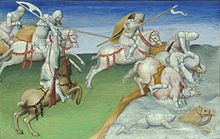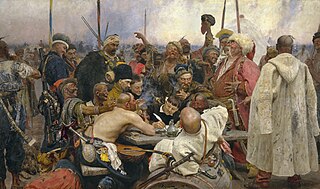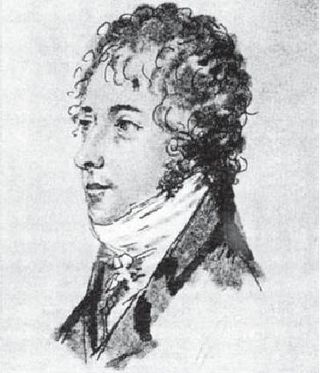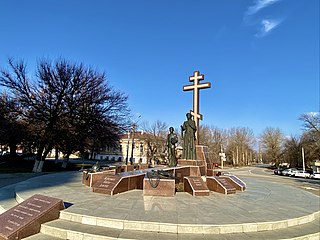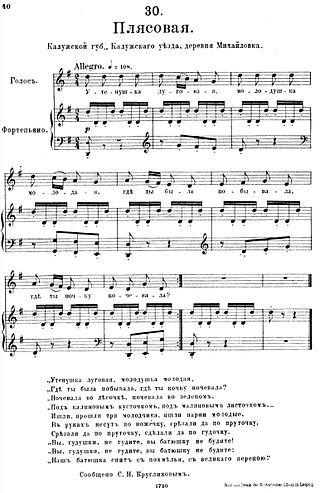Как на быстрый Терек, на широкий берег
Вывели казаки сорок тысяч лошадей,
И покрылся берег, и покрылся берег
Сотнями порубленных, пострелянных людей.
Любо, братцы, любо, любо, братцы, жить,
С нашим атаманом не приходится тужить...
Любо, братцы, любо, любо, братцы, жить,
С нашим атаманом не приходится тужить...
А первая пуля, а первая пуля,
А первая пуля, братцы, ранила коня.
А вторая пуля, а вторая пуля,
А вторая пуля, братцы, ранила меня.
Любо, братцы, любо, любо, братцы, жить,
С нашим атаманом не приходится тужить...
Любо, братцы, любо, любо, братцы, жить,
С нашим атаманом не приходится тужить...
А жена заплачет, выйдет за другого,
Выйдет за другого, позабудет про меня…
Жалко только волюшку во широком полюшке,
Жалко мать-старушку да буланого коня.
Любо, братцы, любо, любо, братцы, жить,
С нашим атаманом не приходится тужить...
Любо, братцы, любо, любо, братцы, жить,
С нашим атаманом не приходится тужить...
Кудри мои русые, очи мои светлые,
Травами, бурьяном да полынью зарастут.
Кости мои белые, сердце мое смелое
Коршуны да вороны по степи разнесут.
Любо, братцы, любо, любо, братцы, жить,
С нашим атаманом не приходится тужить...
Любо, братцы, любо, любо, братцы, жить,
С нашим атаманом не приходится тужить... |
Thousands of Cossacks, thousands of brothers
Led to Terek thousands and thousands of steeds.
And the bank was covered with the fallen brothers,
And the bloody bodies made the river waters flee.
Love it, brothers, love it, love to fight and live,
Having such an ataman, you cannot ever grieve!
Love it, brothers, love it, love to fight and live,
Having such an ataman, you cannot ever grieve!
Now the first bullet, now the first bullet,
Now the first bullet, brothers, wounded my steed.
And the second bullet, and the second bullet,
And the second bullet in a twinkle found me...
Love it, brothers, love it, love to fight and live,
Having such an ataman, you cannot ever grieve!
Love it, brothers, love it, love to fight and live,
Having such an ataman, you cannot ever grieve!
And the wife will hear, will shed not many tears,
She will wed again, she will forget about me,
Pity for my wild will, for my silent wide field,
Pity for my mother, for my stray cream-coloured steed!
Love it, brothers, love it, love to fight and live,
Having such an ataman, you cannot ever grieve!
Love it, brothers, love it, love to fight and live,
Having such an ataman, you cannot ever grieve!
Ah, my curls that are so light and my eyes that are so grey,
Soon they will be overgrown by the grass and webs,
While my heart that is so brave and my bones that are so pale
Will be scattered by the ravens over the steppes...
Love it, brothers, love it, love to fight and live,
Having such an ataman, you cannot ever grieve!
Love it, brothers, love it, love to fight and live,
Having such an ataman, you cannot ever grieve!
|
